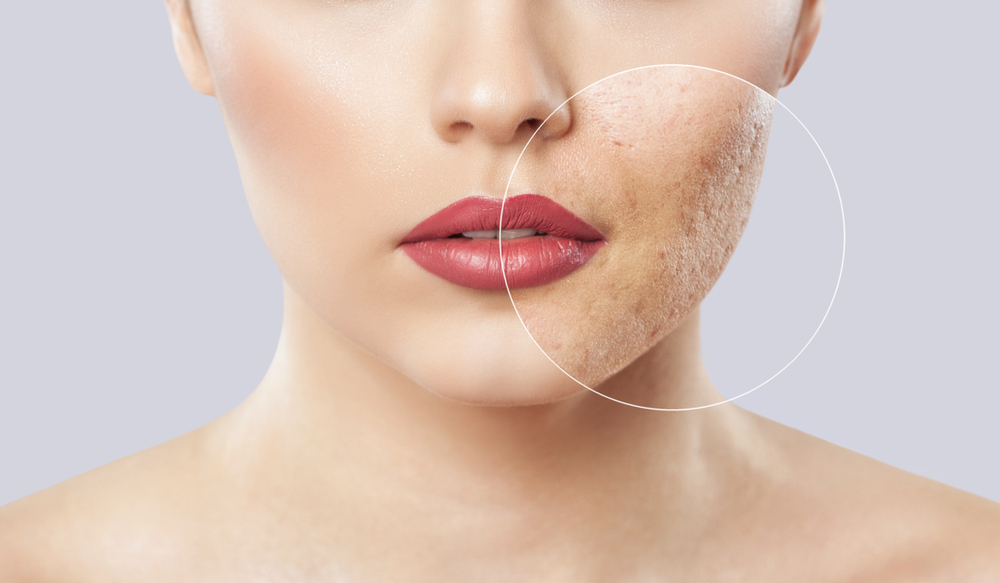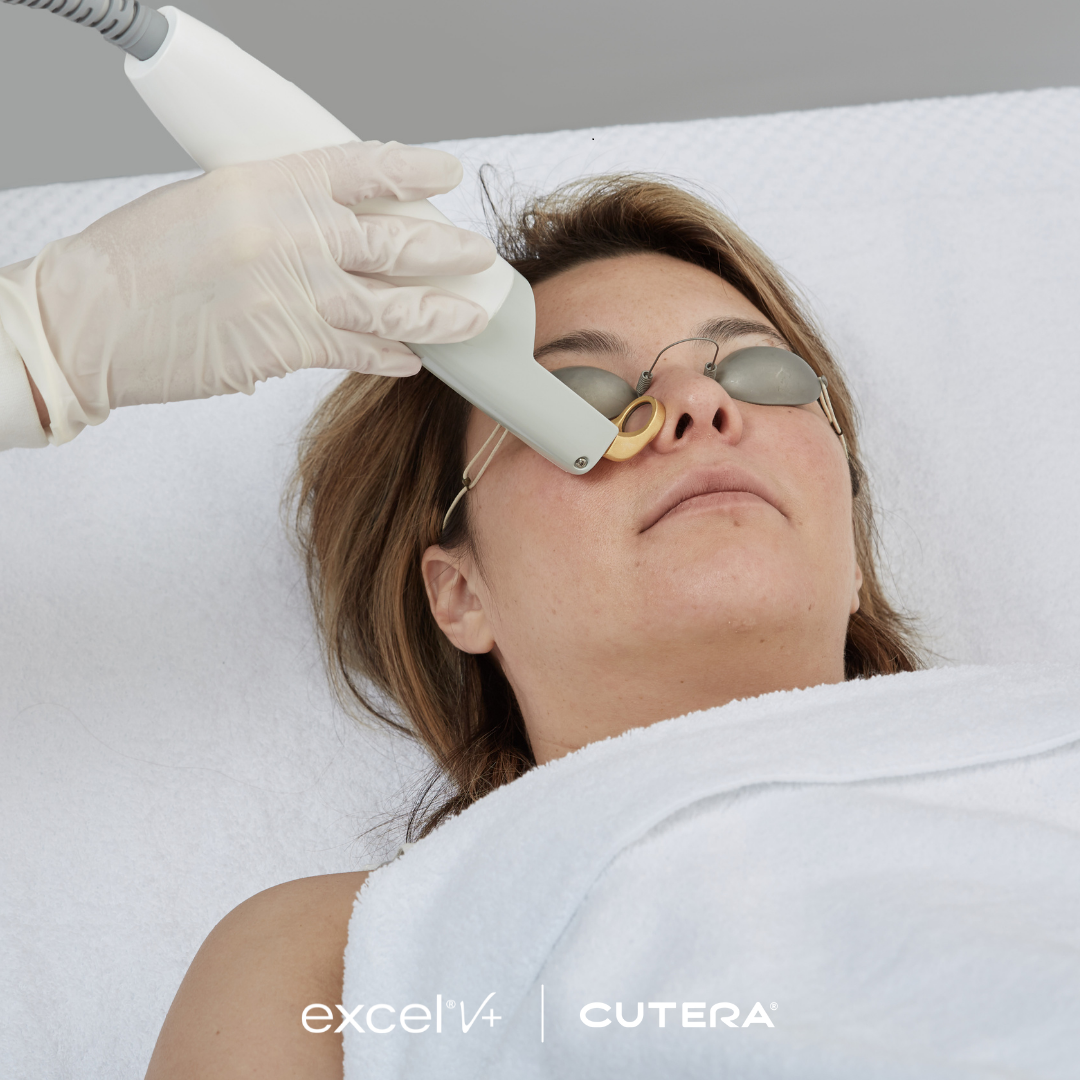Radiant Primary Care is here to help spread awareness and prevention tips when it comes to 10 common summer illnesses.
What Are 10 Common Summer Illnesses To Be Aware Of?
During the summer months, certain illnesses and health conditions tend to be more prevalent due to various factors such as increased outdoor activities, warmer temperatures, and changes in our behaviors. Some common summer illnesses include:
1. Heatstroke and Heat Exhaustion: Prolonged exposure to high temperatures and humidity can lead to heat-related illnesses, with heatstroke being the most severe. It’s essential to stay hydrated and avoid prolonged exposure to extreme heat.
2. Sunburn: Overexposure to the sun’s UV rays can cause painful sunburns, which may increase the risk of skin cancer. Sunburn can be prevented by using sunscreen, wearing protective clothing, and seeking shade during peak sun hours.
3. Dehydration: Hot weather can lead to increased sweating, potentially causing dehydration. Drinking enough water and staying hydrated is crucial, especially when engaging in outdoor activities.
4. Food Poisoning: Foodborne illnesses can occur more frequently during the summer due to the rapid growth of bacteria in warmer temperatures. Be cautious of food handling and storage, especially during picnics and outdoor events.
5. Allergies: Summer can be a challenging time for individuals with allergies, as pollen levels tend to be higher during this season. Common symptoms include sneezing, itching, and a runny nose.
6. Insect Bites and Stings: Mosquitoes, ticks, and other insects are more active in the summer, leading to an increased risk of insect bites and stings. Some bites may cause allergic reactions or transmit diseases.
7. Swimmer’s Ear: Spending more time in the water, whether in pools or natural bodies of water, can lead to swimmer’s ear, an infection of the outer ear canal.
8. Gastrointestinal Infections: Inadequate food hygiene or consumption of contaminated food and water during vacations or outdoor events can lead to gastrointestinal infections like traveler’s diarrhea.
9. Conjunctivitis (Pink Eye): The warm weather can promote the spread of viral and bacterial conjunctivitis, commonly known as pink eye.
10. Respiratory Infections: Some respiratory viruses, such as enteroviruses, are more active in the summer, causing respiratory infections.
While it’s essential to be aware of these common summer illnesses, most of them can be prevented or managed with proper precautions and prompt medical attention when needed.
How To Keep Yourself Safe This Summer
1. Preventing Heatstroke and Heat Exhaustion: Stay hydrated by drinking plenty of water throughout the day, especially in hot and humid weather. Avoid strenuous activities during the hottest parts of the day. Wear lightweight, loose-fitting, and light-colored clothing to help stay cool. Seek shade and use umbrellas or wide-brimmed hats when outdoors. Never leave anyone, including pets, in a parked car, as temperatures can quickly become dangerous.
2. Avoiding Sunburn: Apply a broad-spectrum sunscreen with an SPF of at least 30 before going outdoors and reapply every two hours, or more often if swimming or sweating. Wear protective clothing, such as long-sleeved shirts, pants, and sunglasses. Seek shade during peak sun hours, typically between 10 a.m. and 4 p.m.
3. Staying Hydrated and Preventing Dehydration: Drink water even if you don’t feel thirsty, especially when spending time outdoors or engaging in physical activities. Limit the intake of caffeinated and alcoholic beverages, as they can contribute to dehydration.
4. Preventing Food Poisoning: Wash hands thoroughly with soap and water before handling food and after using the bathroom. Keep raw and cooked food separate to avoid cross-contamination. Cook food to the recommended internal temperature to kill harmful bacteria. Refrigerate perishable foods promptly and avoid leaving them out in the sun or heat for an extended period.
5. Managing Allergies: Check pollen forecasts and limit outdoor activities on high pollen days. Keep windows closed at home and in the car to reduce exposure to pollen. Use over-the-counter antihistamines or nasal corticosteroids as recommended by your healthcare provider.
6. Preventing Insect Bites and Stings: Wear long-sleeved shirts, long pants, and insect repellent containing DEET, picaridin, or oil of lemon eucalyptus when spending time outdoors. Check for ticks after outdoor activities and remove them promptly using tweezers.
7. Protecting Against Swimmer’s Ear: Dry ears thoroughly after swimming or showering. Avoid inserting foreign objects (such as cotton swabs) into the ear canal, as it can cause irritation.
8. Practicing Good Food Hygiene: Wash hands before eating and handling food. Keep raw and cooked food separate to prevent contamination. Ensure meats and seafood are cooked thoroughly before consumption.
9. Preventing Conjunctivitis (Pink Eye): Avoid touching your eyes with unwashed hands. Wash hands regularly, especially if you have been in crowded or public areas.
10. Reducing the Risk of Respiratory Infections: Practice good respiratory hygiene, such as covering your mouth and nose when coughing or sneezing. Wash hands frequently with soap and water or use hand sanitizer.
By following these preventive measures, you can significantly reduce the risk of experiencing common summer illnesses and enjoy a safe and healthy summer season. If you have specific health concerns or conditions, it’s always a good idea to consult with a healthcare professional for personalized advice.
Radiant Primary Care Is Here For You
Radiant Primary Care is proud to offer the very best in primary care, as well as specialized care from our Heart Institute and MediSpa services. If you’re ready for quality care from caring specialists dedicated to improving your overall quality of life in Victorville, Apple Valley, or Barstow, call Radiant Primary Care today!







